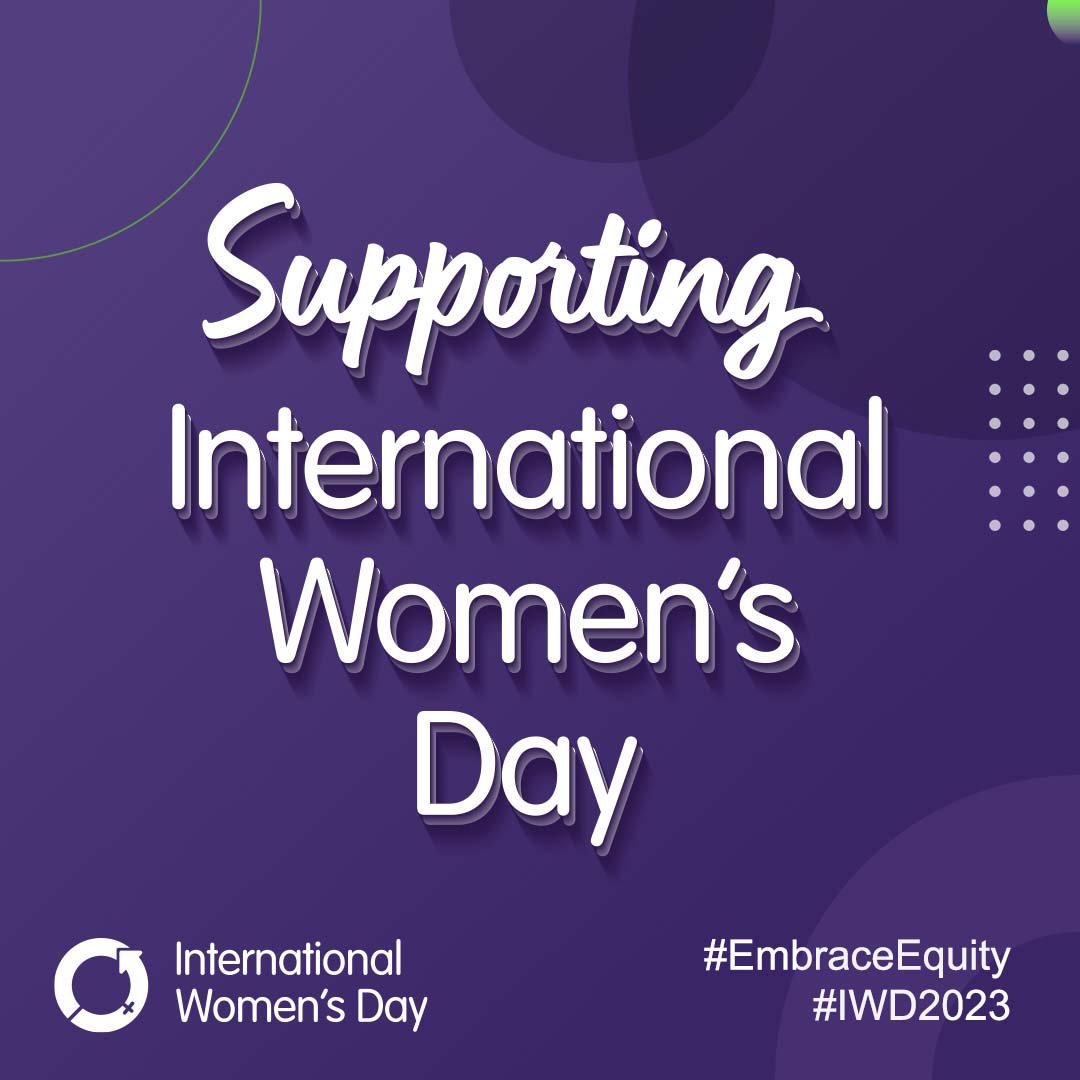“Enable women to reach their full potential” - Karen Kalea #IWD2023
Collated by Rachel Mather – Epidemiologist at Field Epi in Action
Introduction
At Field Epi in Action, we are thinking about one of the themes for this year’s International Women’s Day: Embrace Equity. Equity is a core value of our team, and broadly, we see that as people’s needs are different, we have a responsibility to commit to meeting these needs with impartiality and fairness. The World Health Organization (WHO) goal of Health For All has become something of a slogan for the global health community, and its premise is that every single person is worthy of health. Health for the whole array of humans – diverse cultures, genders, locations, abilities – the whole spectra of diversity! Such an outcome can only be achieved through embracing equity; through striving to realise health for every context and personal circumstance. But in recent years, the conversation has turned to be one of deeper self-reflection: if global health leadership does not reflect the wider population – let alone the wider global health workforce – how can we achieve health for all? Currently, the global health workforce is largely women – 70% of the frontline is women. Yet women occupy just 25% of global health leadership. And so, in our own domain of global health, FEiA is working with the field epidemiology community to understand how women can be centred: in training, in professions and in leadership. It will be years before we’re able to understand the full story of gender equity in field epidemiology, so for this International Women’s Day, we spoke with four team mates to hear their perspectives on Embrace Equity.
Happy International Women’s Day!
Interview with Karen
With a background in public health, Karen Kalea is the Program Coordinator for Solomon Islands’ FETP, Sols FETP. When reflecting on embracing equity and women’s inclusion in public health, a central theme that comes up is balance. Without balance, key health goals will not be realised.
She states, “Embracing equity is central to public health, because health is for everyone – it’s for all. To achieve this, we need equality – equal women, equal men – to get different perspectives. We need to include people of different cultures and of different abilities. Once we can do this, public health will be strengthened because it will be inclusive of gender and more balanced overall.”
Reflecting on the role of women in Solomon Islands’ society, Karen believes women are essential to the public health workforce. “Women are committed to be giving health, because right from when children are small, it is women who play the key part in peoples’ development. Women in public health leadership are essential. Women come with different perspectives. Everyone should respect their opinions and involve them in decision making to create balance in society.
“Embracing equity is central to public health, because health is for everyone – it’s for all.”
Karen recommends making space and supporting women to achieve a balance in public health. “Give them opportunities. Ensure merit-based positions. Have open forums where women are free to speak what they want to say. Enable women to reach their full potential so they can fully participate in public health.”
About Field Epi in Action
We facilitate proven high impact intervention-based field epidemiology training, designed to develop work-ready graduates equipped with the necessary tools to support outbreak detection and response.


